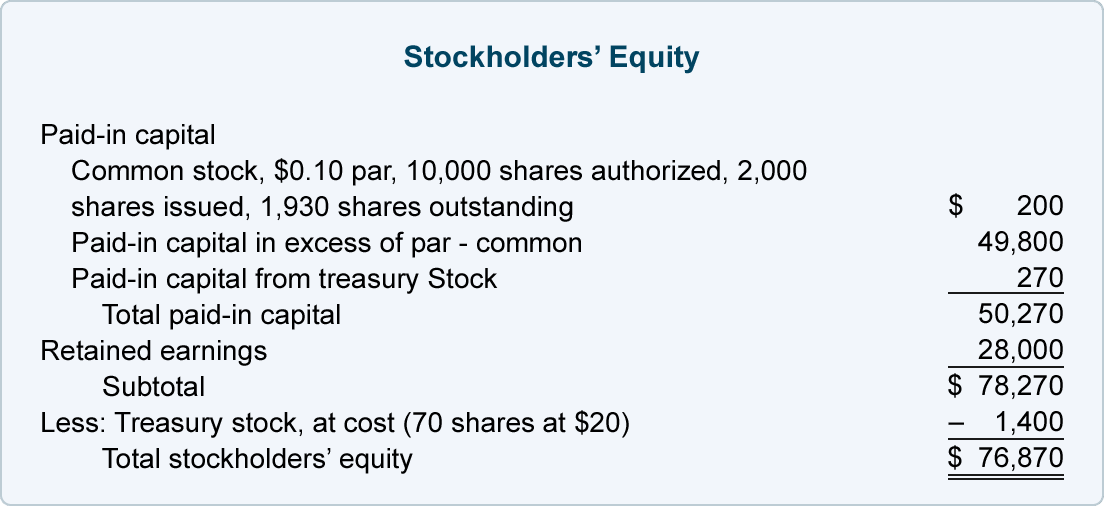The 35-member Financial Accounting Standards Advisory Council (FASAC) monitors the FASB. FASB is responsible for the Accounting Standards Codification (ASC), a centralized resource where accountants can find all current GAAP.

This means financial reporting should be made without any expectation for compensation. The matching principle is pretty much the same as the revenue recognition principle except it’s dealing with expense. This principle states that the company must record its expenses in the same period used to generate the revenue. Accountants must report all available financial information to ensure a genuine and accurate picture of the company’s financial status. Government entities, on the other hand, are influenced by a set of standards that are slightly different from GAAP.
Frequently Asked Questions About GAAP
She has worked in the private industry as an accountant for law firms and ITOCHU Corporation, an international conglomerate that manages over 20 subsidiaries and affiliates. Lizzette stays up to date on changes in the accounting industry through educational courses. With such a prominent difference in approach, dozens of other discrepancies surface throughout the standards. The chart https://kelleysbookkeeping.com/amortization-schedule-calculator/ below includes only a couple of the variations that may affect how a business reports its financial information. While the United States does not require IFRS, over 500 international SEC registrants follow these standards. The Governmental Accounting Standards Board (GASB) estimates that about half of the states officially require local and county governments to adhere to GAAP.
The SEC encouraged the establishment of private standard-setting bodies through the AICPA and later the FASB, believing that the private sector had the proper knowledge, resources, and talents. Currently, the SEC works closely with various private organizations setting GAAP, but does not set GAAP itself. There is no universal GAAP standard and the specifics vary from one geographic location or industry to another. The U.S. Generally Accepted Accounting Principles Gaap Securities and Exchange Commission (SEC) mandates that financial reports adhere to GAAP requirements. The Financial Accounting Standards Board stipulates GAAP overall and the Governmental Accounting Standards Board stipulates GAAP for state and local government. The current SEC reconciliation requirement is an important tool that allows them to compare companies in different countries on an apples-to-apples basis.
What’s the Difference Between IFRS and U.S. GAAP?
Generally Accepted Accounting Principles (GAAP or US GAAP) are a collection of commonly-followed accounting rules and standards for financial reporting. Securities and Exchange Commission (SEC), include definitions of concepts and principles, as well as industry-specific rules. The purpose of GAAP is to ensure that financial reporting is transparent and consistent from one organization to another. Adopting a single set of worldwide standards simplifies accounting procedures for international countries and provides investors and auditors with a cohesive view of finances. IFRS provides general guidance for the preparation of financial statements, rather than rules for industry-specific reporting. Outside of the U.S., the International Accounting Standards Board (IASB) controls a set of standards called the international financial reporting standards (IFRS).
These organizations are rooted in historic regulations governing financial reporting, which the federal government implemented following the 1929 stock market crash that triggered the Great Depression. GAAP helps standardize financial reporting so that investors and analysts can easily compare the financial statements of different companies. It aims to regulate the definitions, presumptions, and methods used in accounting across all industries. The Generally Accepted Accounting Principles are a set of accounting standards and procedures companies use to compile their financial statements. The Generally Accepted Accounting Principles are a set of rules and procedures companies follow when preparing their financial statements.
Leave a Reply